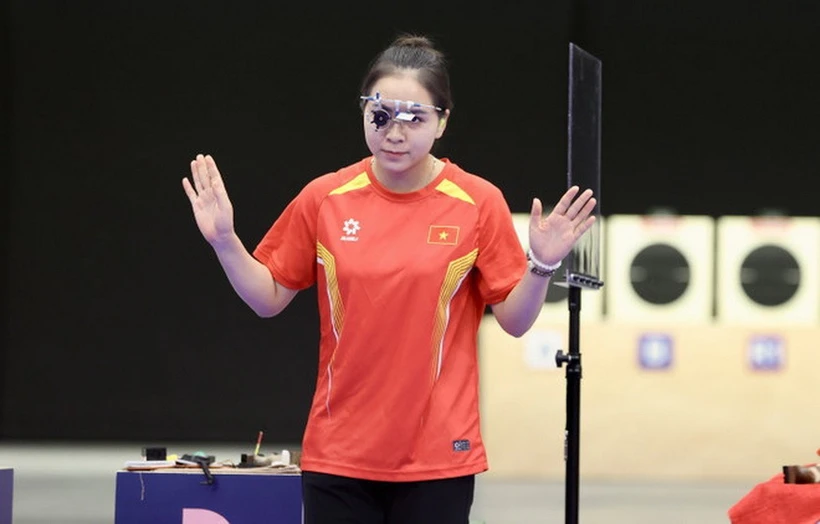
Shooter Trinh Thu Vinh. (Photo: Hoang Linh/VNA)
In recent years, with the focus on investment in Olympic and ASIAD sports, high-performance sports have had many positive changes.
The strategy for developing physical education and sports in Vietnam until 2020 has identified 10 key sports of type 1 including athletics, swimming, weightlifting, taekwondo, wrestling (lightweight), shooting, karate, boxing (women), badminton, table tennis and 22 key sports of type 2, which are important bases for orienting investment and development.
Developing high performance sports according to modern trends in the world
The success of Vietnam's high-performance sports is reflected in the number of medals won at international competitions. In 2016, for the first time, a Vietnamese athlete won an Olympic gold medal in shooting.
On February 22, 2019, the Prime Minister approved the project "Selection, training, and fostering of sports talents and high-performance sports human resources by 2035." This is an important basis for the training of sports talents to continue to be effective, meeting the development needs of high-performance sports in Vietnam.
Thanks to that, the work of selecting and training talented athletes and young athletes has had many innovations when most Olympic and ASIAD sports have youth teams and teams. Facilities for training, coaching sports athletes and organizing competitions continue to be invested in, upgraded and expanded. Currently, the whole country has about 22,000 athletes from talented level to provincial, city, industry and national teams. In addition, some sports, such as football, volleyball, basketball, badminton, tennis, golf... are gradually shifting to professional sports activities, attracting investment sources from society, improving training efficiency.
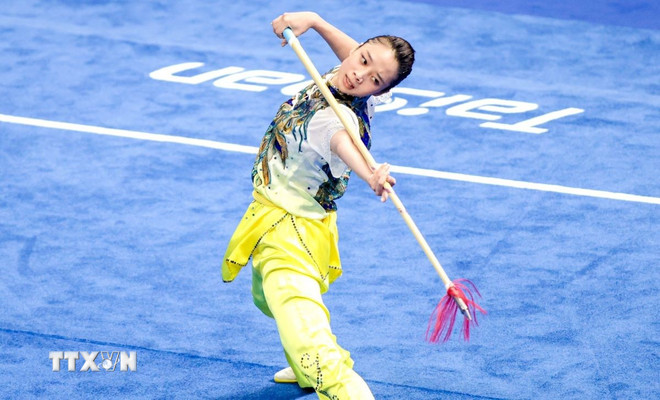
Duong Thuy Vi in the spearmanship competition at ASIAD 2023. (Photo: Hoang Linh/VNA)
Circular No. 86/2020/TT-BTC dated October 26, 2020 of the Ministry of Finance regulating specific nutritional regimes for coaches and athletes is a necessary and timely adjustment, helping athlete training facilities better serve the needs of athletes, especially key athletes in Vietnam. Athletes with outstanding achievements are also awarded noble titles by the State and enjoy a number of preferential regimes in admission to universities and colleges of physical education and sports.
Director of the Vietnam Sports Department (Ministry of Culture, Sports and Tourism) Dang Ha Viet affirmed that thanks to the preferential policies of the State, the application of science and technology in the field of high-performance sports has received due attention. The socialization of sports activities has been expanded, improving efficiency, attracting more social resources, developing high-performance sports according to modern trends in the world...
Along with expertise, during the training process at the centers, especially the national sports training centers, athletes are always guaranteed cultural learning. The regime and policies for athletes and coaches always receive the necessary attention, are specified by the State's regulations and are always adjusted to suit practical conditions.
Bringing high-performance sports out of the "village pond"
Vietnam’s sports achievements at the SEA Games have been improving, always maintaining its position in the top 3 countries in Southeast Asia. However, the achievements and number of athletes participating in the Olympics and ASIAD are still low and unstable.
At the 2012 London Olympics, Vietnam had 18 athletes qualify for the Olympics and won 1 Bronze medal in weightlifting. At the 2016 Rio Olympics, Vietnam had 23 athletes participating and won 1 Gold medal and 1 Silver medal in shooting - the highest achievement Vietnam has achieved at an Olympics. However, at the 2020 Tokyo Olympics and 2024 Paris Olympics, Vietnam Sports had 18 and 16 athletes respectively qualify and did not win any medals.
Director of the Vietnam Sports Department Dang Ha Viet commented that although Vietnam has maintained its position and progressed in achievements at the SEA Games, we have not yet achieved stability and guaranteed achievements at the Olympic arena.
While regional countries such as Thailand, Indonesia, Malaysia, Philippines… always ensure the quantity and quality of athletes participating in the Olympics. The same is true for the ASIAD, although there is no limit on the number of athletes participating, Vietnam’s achievements are still very limited and unstable (from 1-4 Gold medals), while Thailand, Indonesia or the Philippines maintain a stable 7-12 Gold medals.
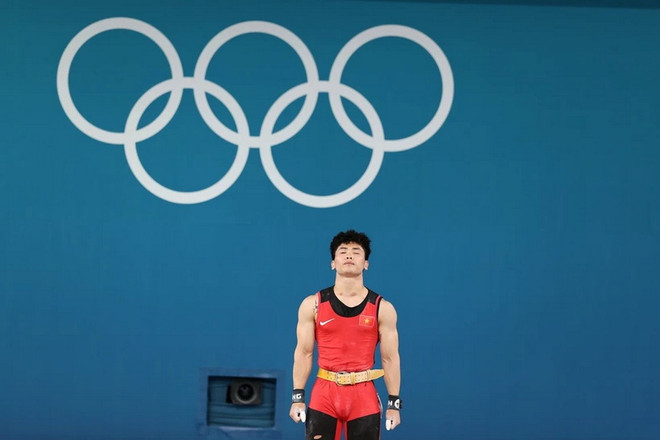
Weightlifter Trinh Van Vinh is disappointed after failing to compete successfully at the 2024 Paris Olympics. (Photo: Hoang Linh/VNA)
Every year, the Ministry of Culture, Sports and Tourism convenes about 800 athletes of national youth teams in more than 34 sports for training, which is the main source of supplementary resources for national sports teams. The small number of young athletes leads to a shortage of national teams. Not to mention the lack of coaches in terms of quantity and expertise, and a lack of highly qualified coaches at the continental and world levels.
Need a synchronous, long-term stable solution
Up to now, many social organizations in the field of physical education and sports have not been able to shoulder the responsibility of training athletes, including the Federations considered to be at the forefront of autonomous activities such as the Vietnam Football Federation, the Vietnam Volleyball Federation, the Vietnam Badminton Federation, the Vietnam Tennis Federation, etc. Social awareness of the socialization of high-performance sports activities is also inconsistent. Currently, there is still the idea that socialization of physical education and sports is simply a measure to mobilize non-budgetary funding sources. Some places consider socialization to be the only way to develop sports, leading to lax management, lack of attention to direction and investment in the cause of physical education and sports.
Organizing international training courses always requires a large budget and a limited number of participants, so it is not a stable and long-term solution. The language barrier is also an important factor that makes it difficult for Vietnamese coaches and athletes to train and study abroad. Meanwhile, hiring foreign experts to train national teams is limited in terms of salary (the current average salary in Vietnam is 3,000-4,000 USD for an expert), so it is very difficult to invite experts with experience and the ability to train athletes at the Olympic level.
Along with that, the lack of international competitions also has a significant impact on the level and achievements of Vietnamese sports. These tournaments are not only opportunities to compete but also opportunities to improve the level of athletes for high-performance sports, attract the attention of society to high-performance sports, thereby creating more foundations for development. Limited funding for training and international competitions also makes Vietnamese athletes lack the opportunity to compete, accumulate points to win places to participate in important competitions, especially the Olympics.
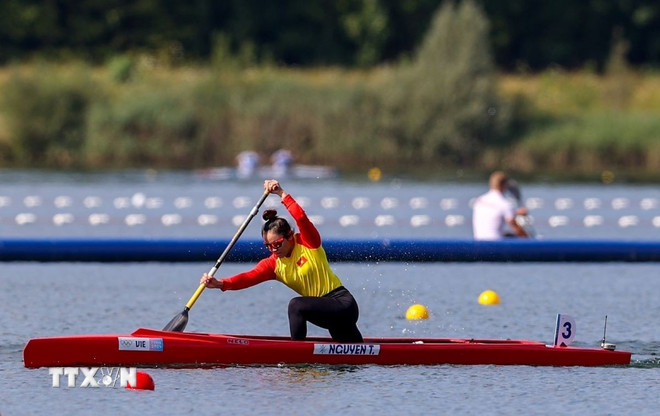
Nguyen Thi Huong in the race. (Photo: Hoang Linh/VNA)
Director Dang Ha Viet assessed that compared to other countries in the region, we currently have a relatively large force of high-performance athletes, but lack modern equipment for both training and recovery at training facilities. This has created limitations for the training and performance of athletes. In recent years, most of Vietnam's top athletes have had to attend international training sessions to improve their skills, in order to win a place in top international competitions.
The development investment is scattered, lacking depth, methodical, long-term and high inheritance to prepare for the ASIAD and Olympic arenas, making the achievements of Vietnamese sports still limited. World sports are currently developing strongly, especially in the professionalization of high-performance sports, requiring the development of long-term plans and investment, adjusting resources for high-performance sports if we want to improve achievements and make our name on the world sports map./.
(Vietnam+)
Source: https://www.vietnamplus.vn/viet-nam-can-phat-trien-the-thao-thanh-tich-cao-theo-xu-huong-hien-dai-post1022971.vnp


![[Photo] President Luong Cuong and the King of Belgium witness the Vietnam-Belgium document exchange ceremony](https://vstatic.vietnam.vn/vietnam/resource/IMAGE/2025/4/1/df43237b0d2d4f1997892fe485bd05a2)
![[Photo] Queen of the Kingdom of Belgium and the wife of President Luong Cuong visit Uncle Ho's Stilt House](https://vstatic.vietnam.vn/vietnam/resource/IMAGE/2025/4/1/9752eee556e54ac481c172c1130520cd)

![[Photo] Official welcoming ceremony for the King and Queen of the Kingdom of Belgium](https://vstatic.vietnam.vn/vietnam/resource/IMAGE/2025/4/1/9e1e23e54fad482aa7680fa5d11a1480)
![[Photo] President Luong Cuong meets with King Philippe of Belgium](https://vstatic.vietnam.vn/vietnam/resource/IMAGE/2025/4/1/1ce6351a31734a1a833f595a89648faf)
![[Photo] National Assembly Chairman Tran Thanh Man meets with King Philippe of Belgium](https://vstatic.vietnam.vn/vietnam/resource/IMAGE/2025/4/1/c6fb3ef1d4504726a738406fb7e6273f)
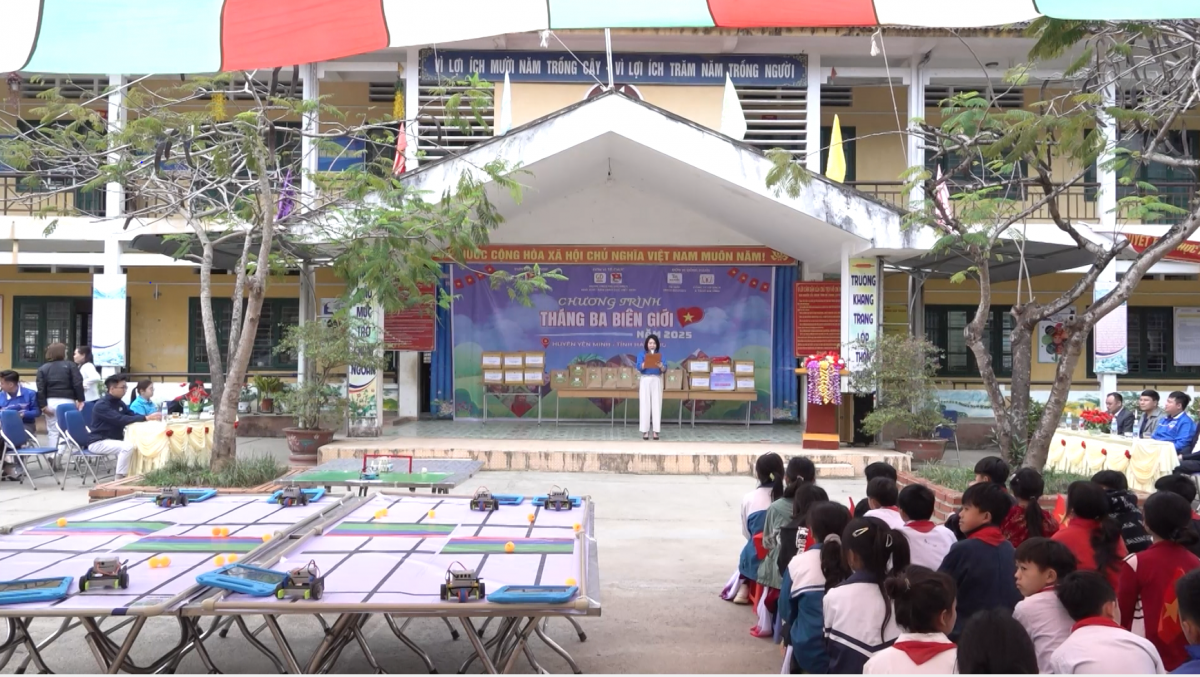

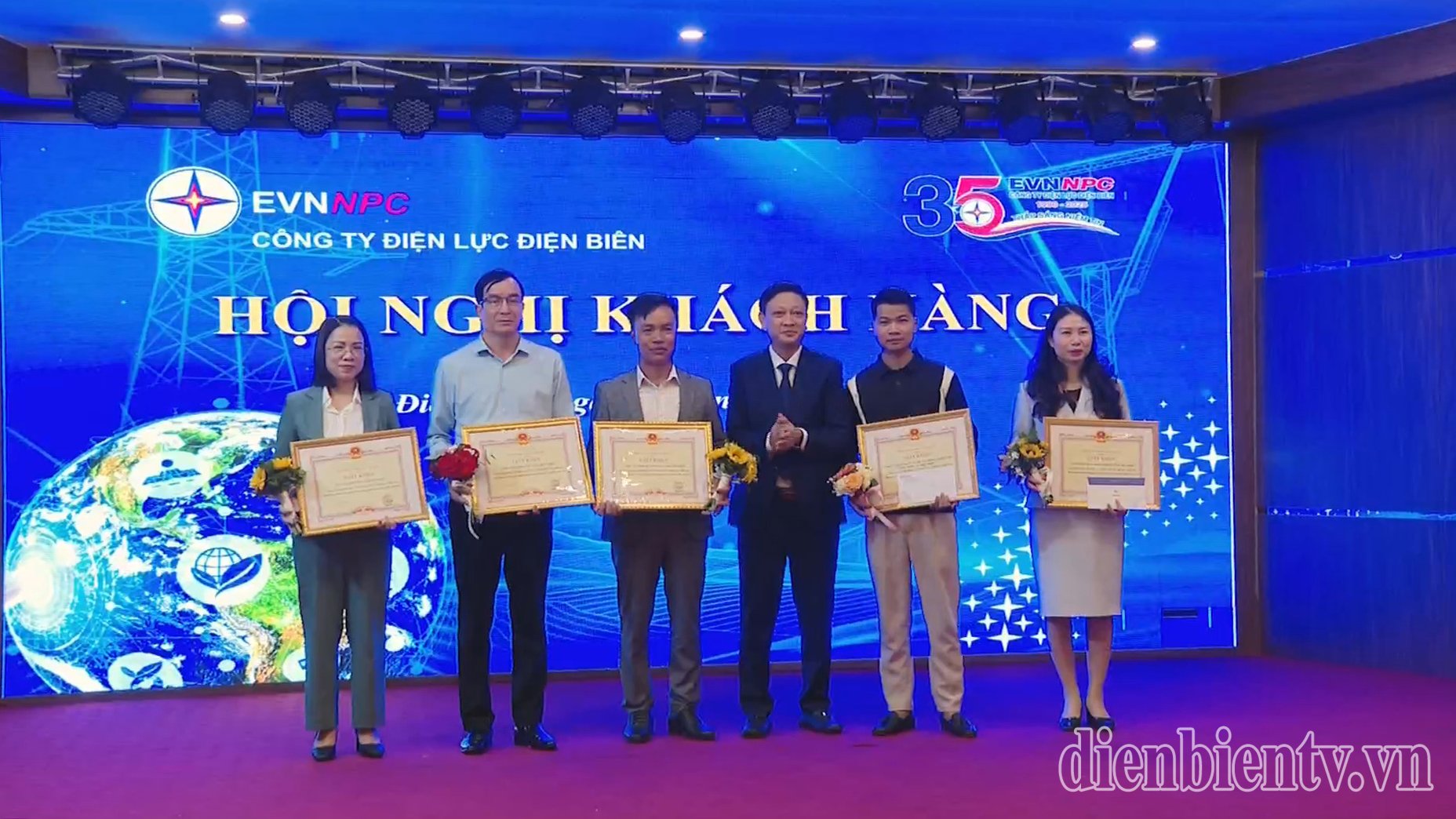
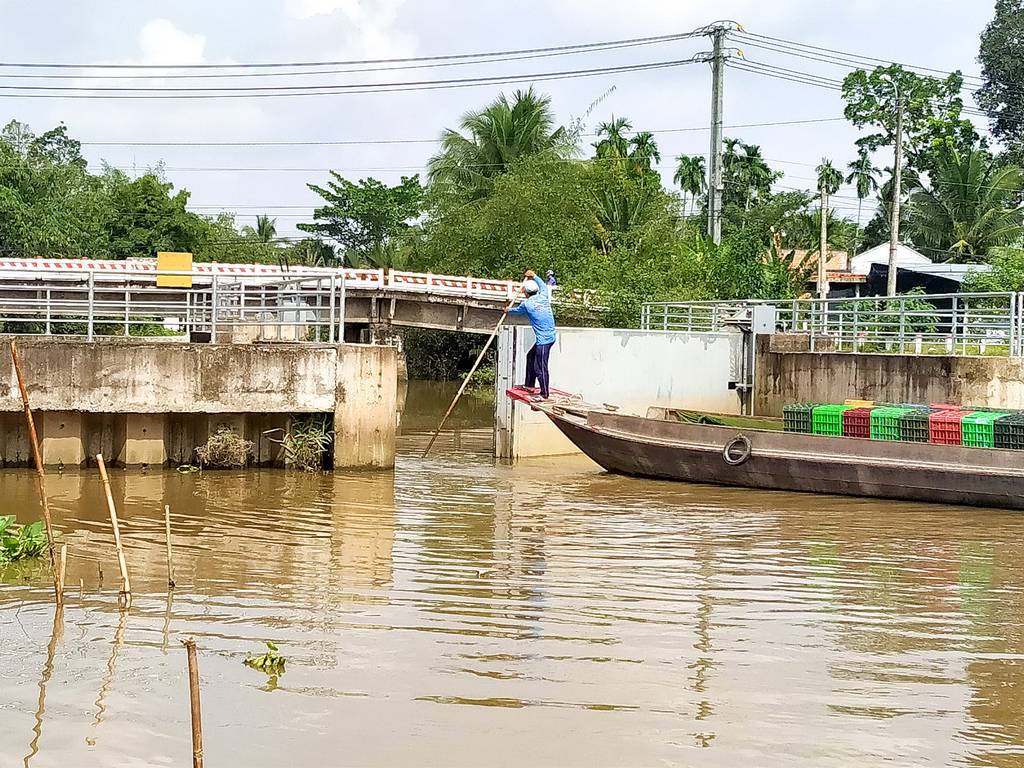
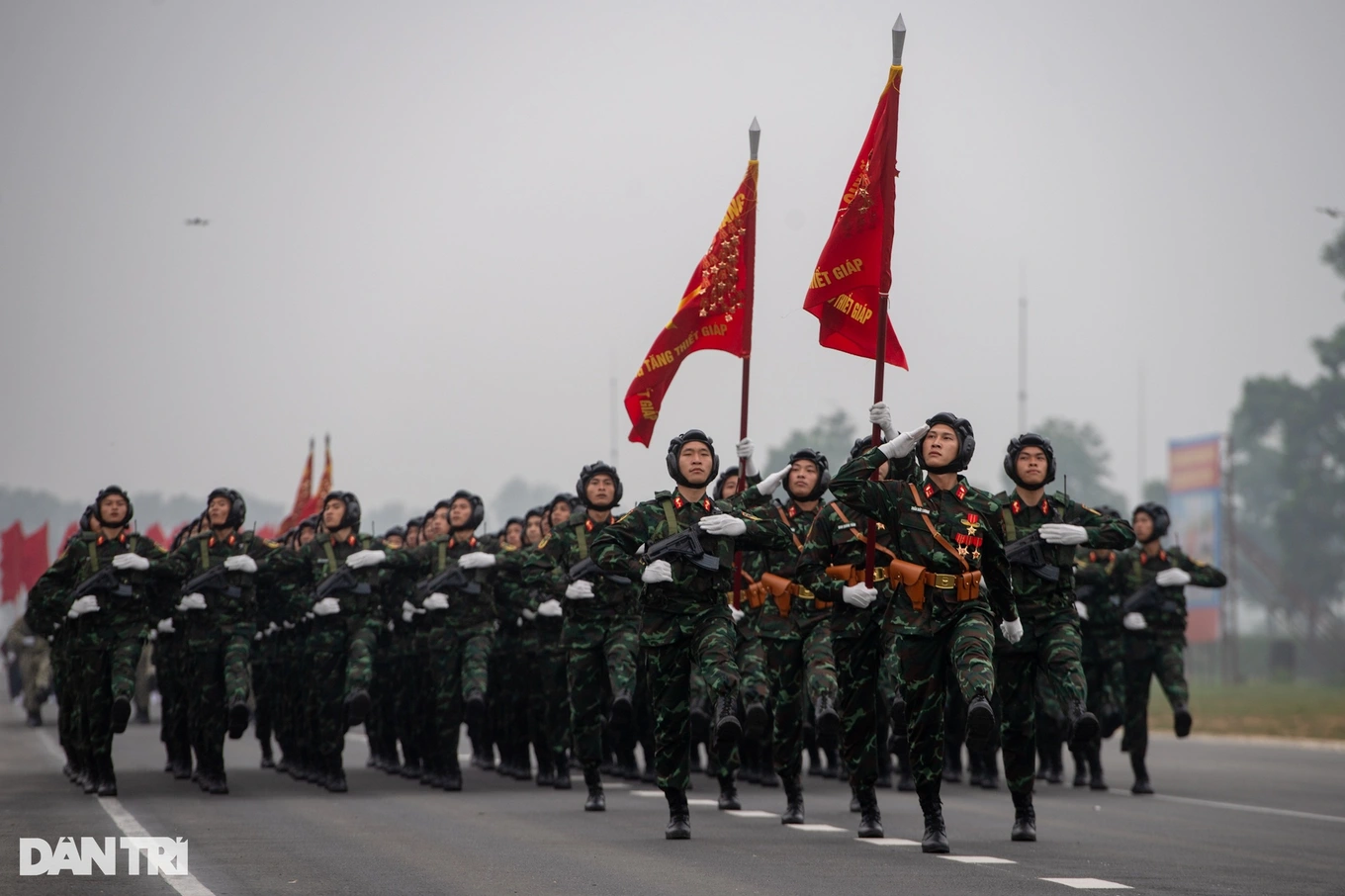

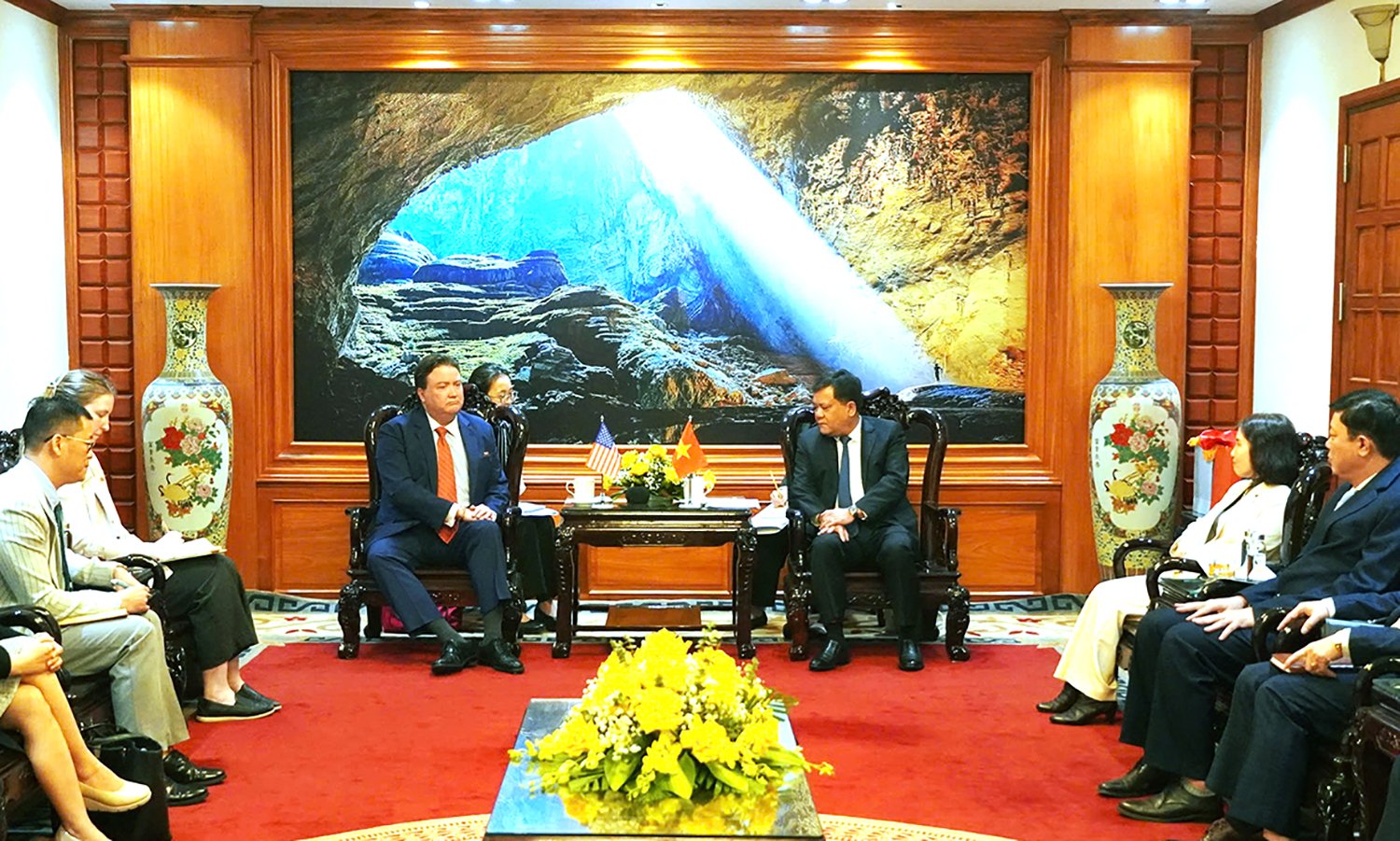
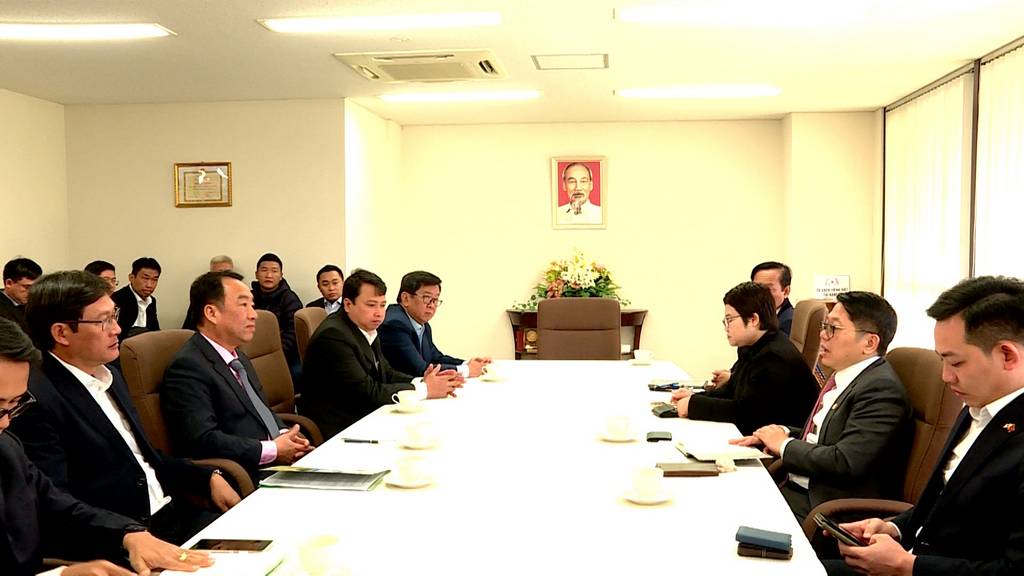

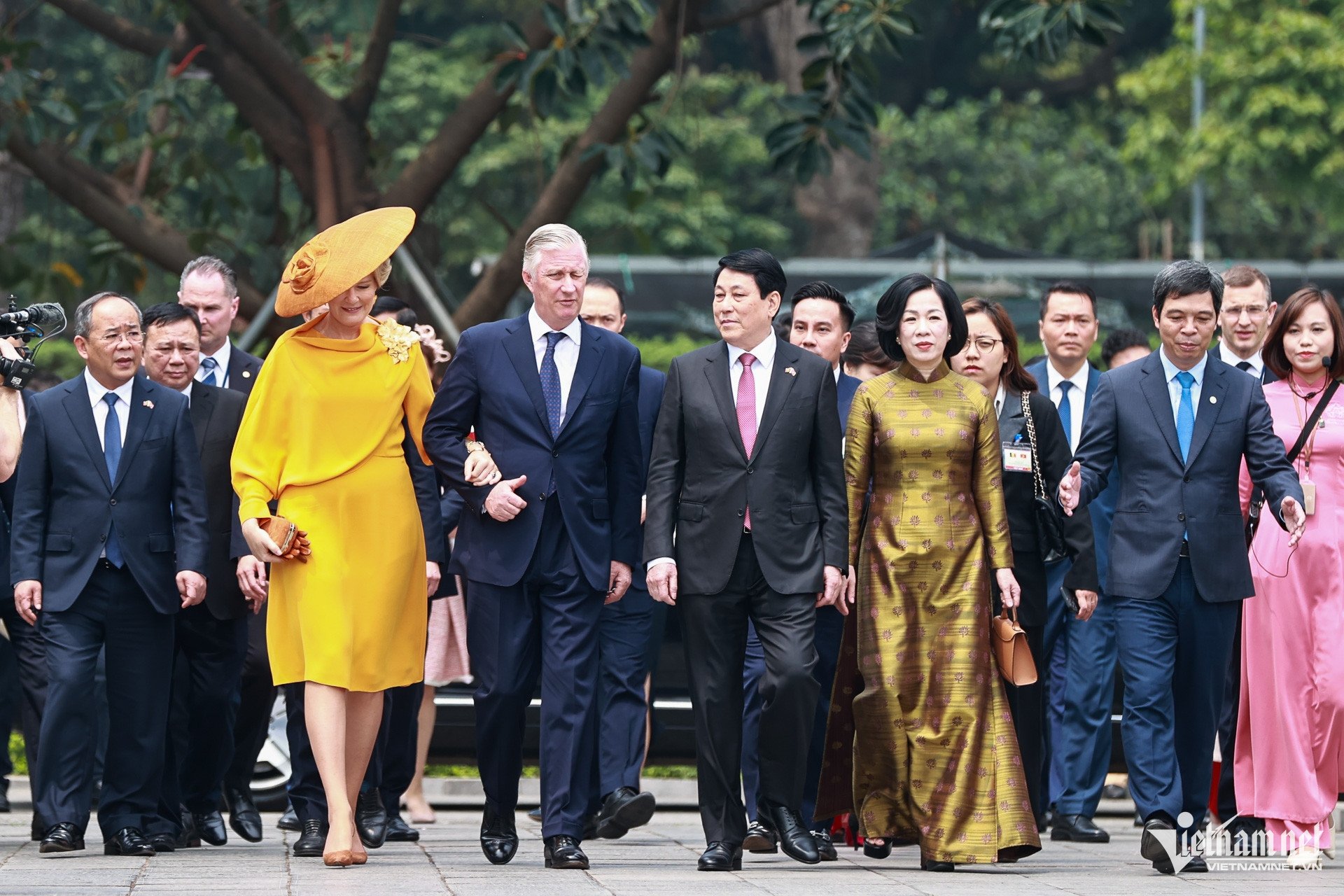
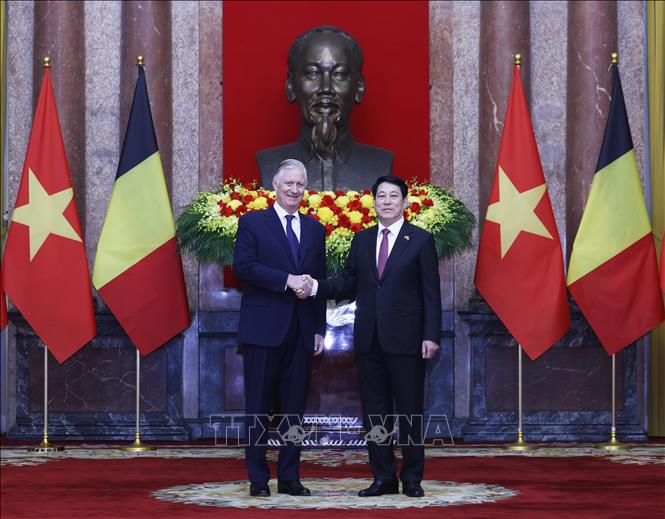
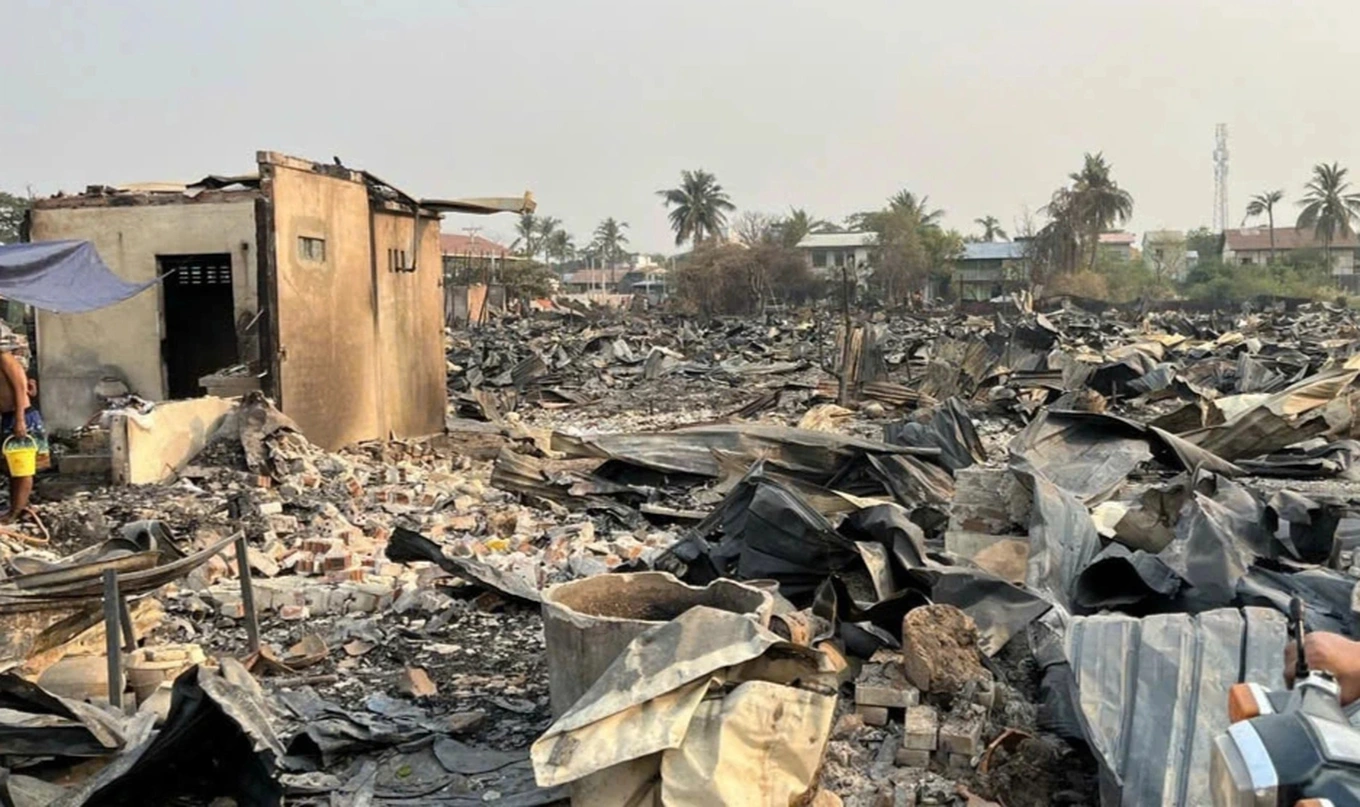
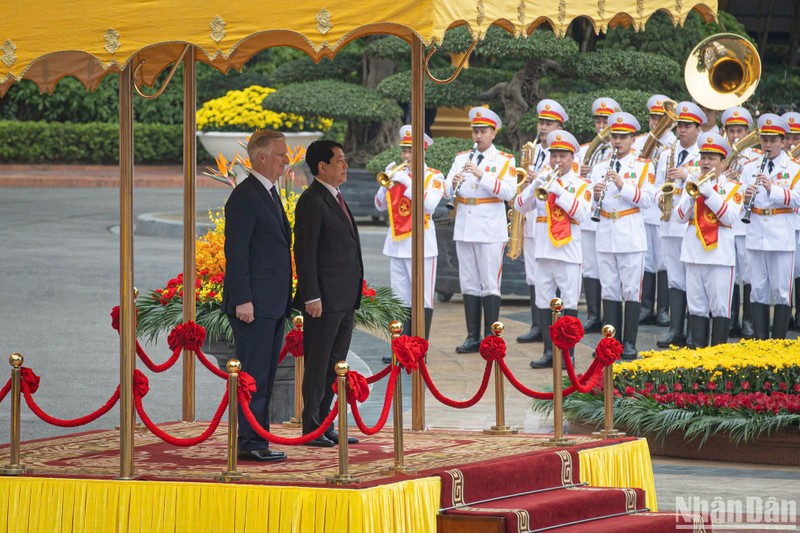
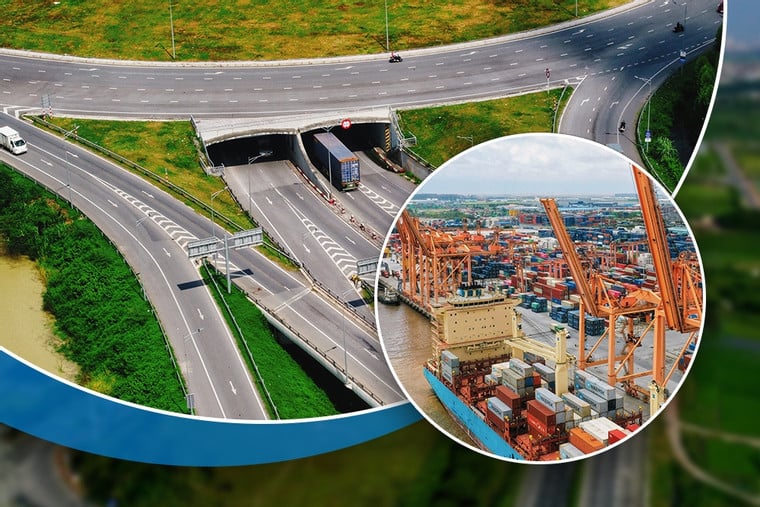




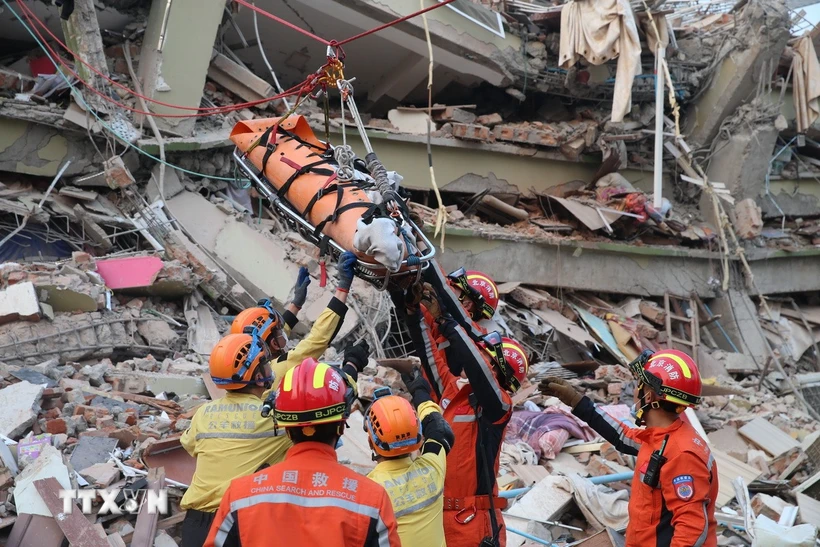

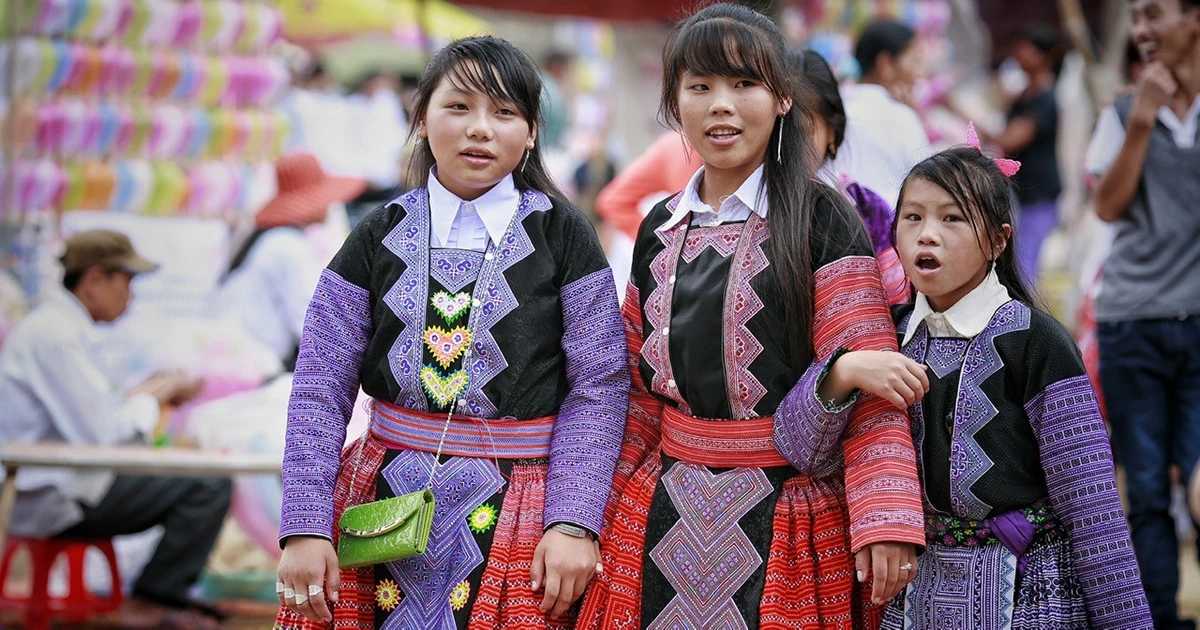
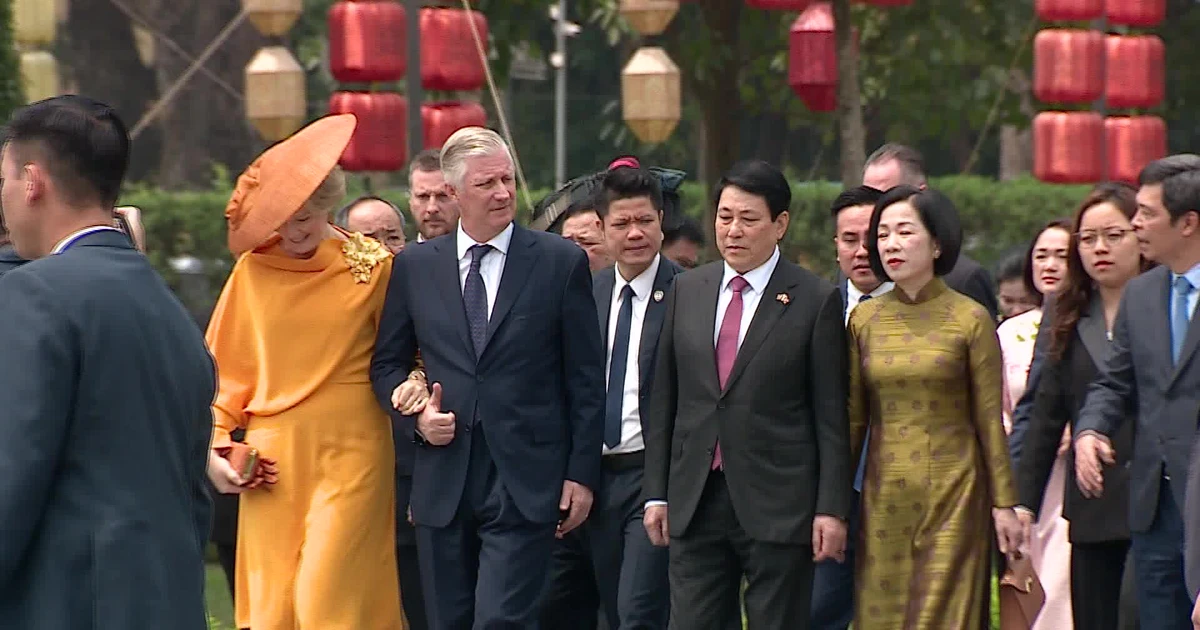

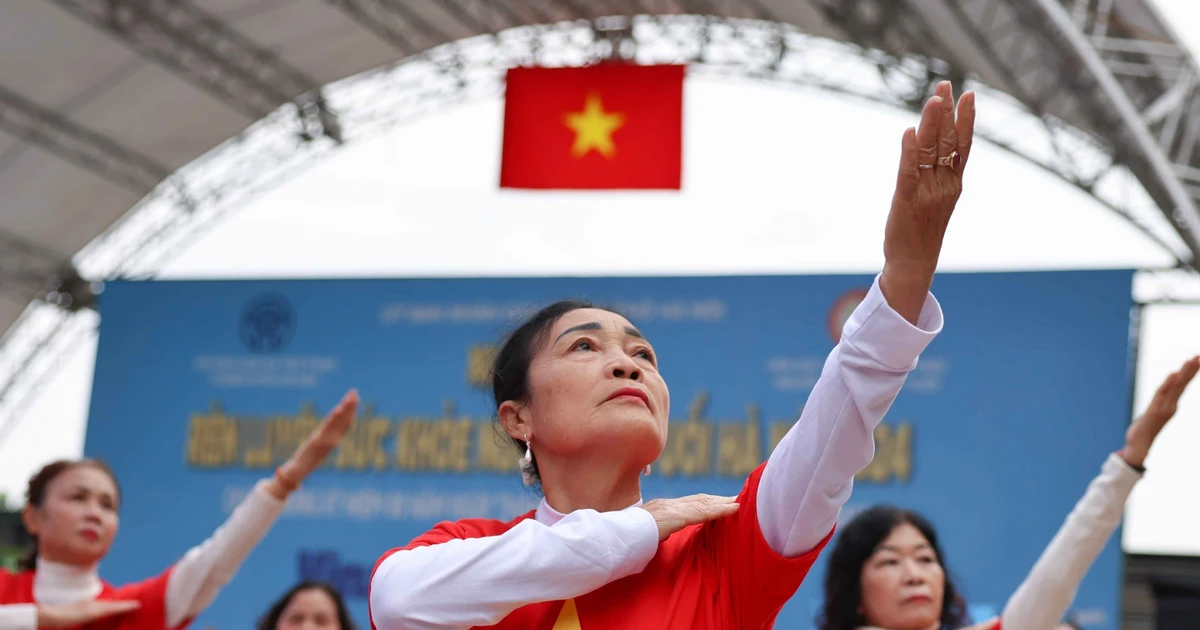










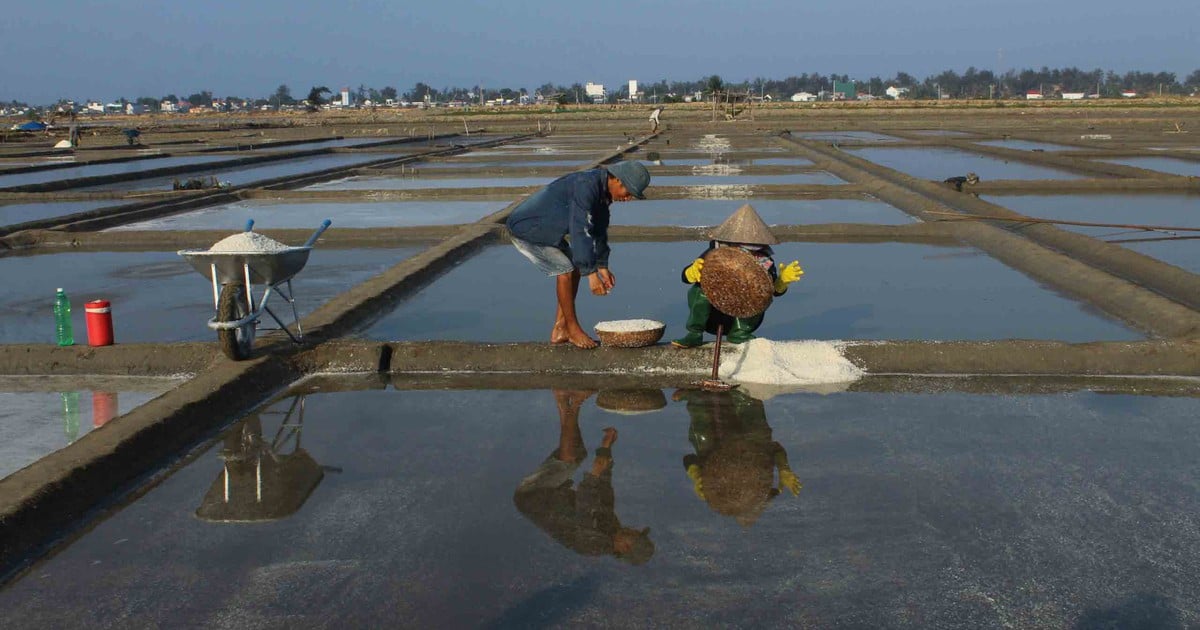



















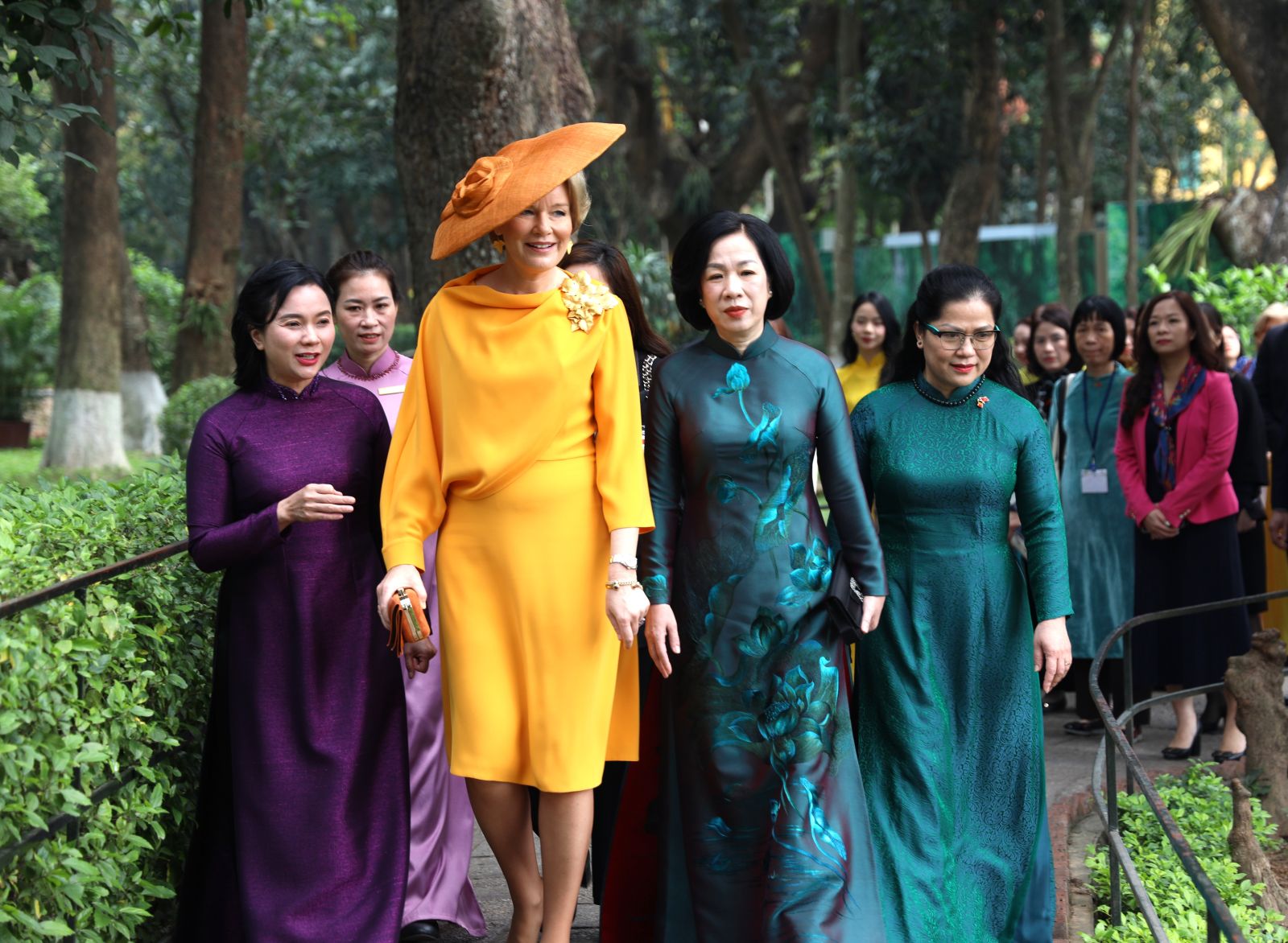

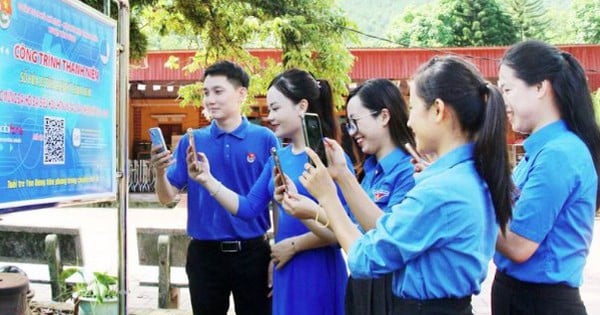

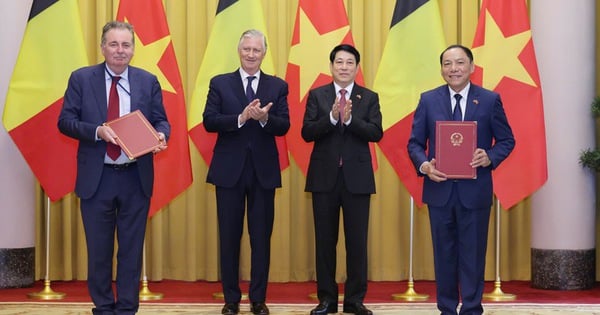
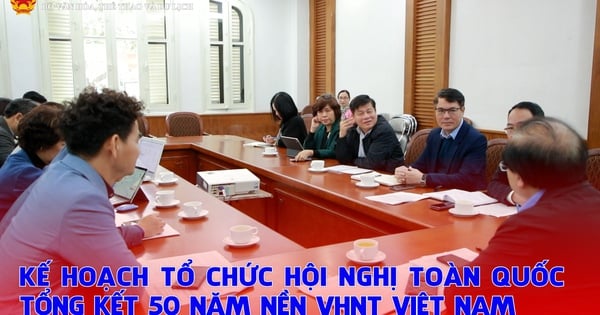
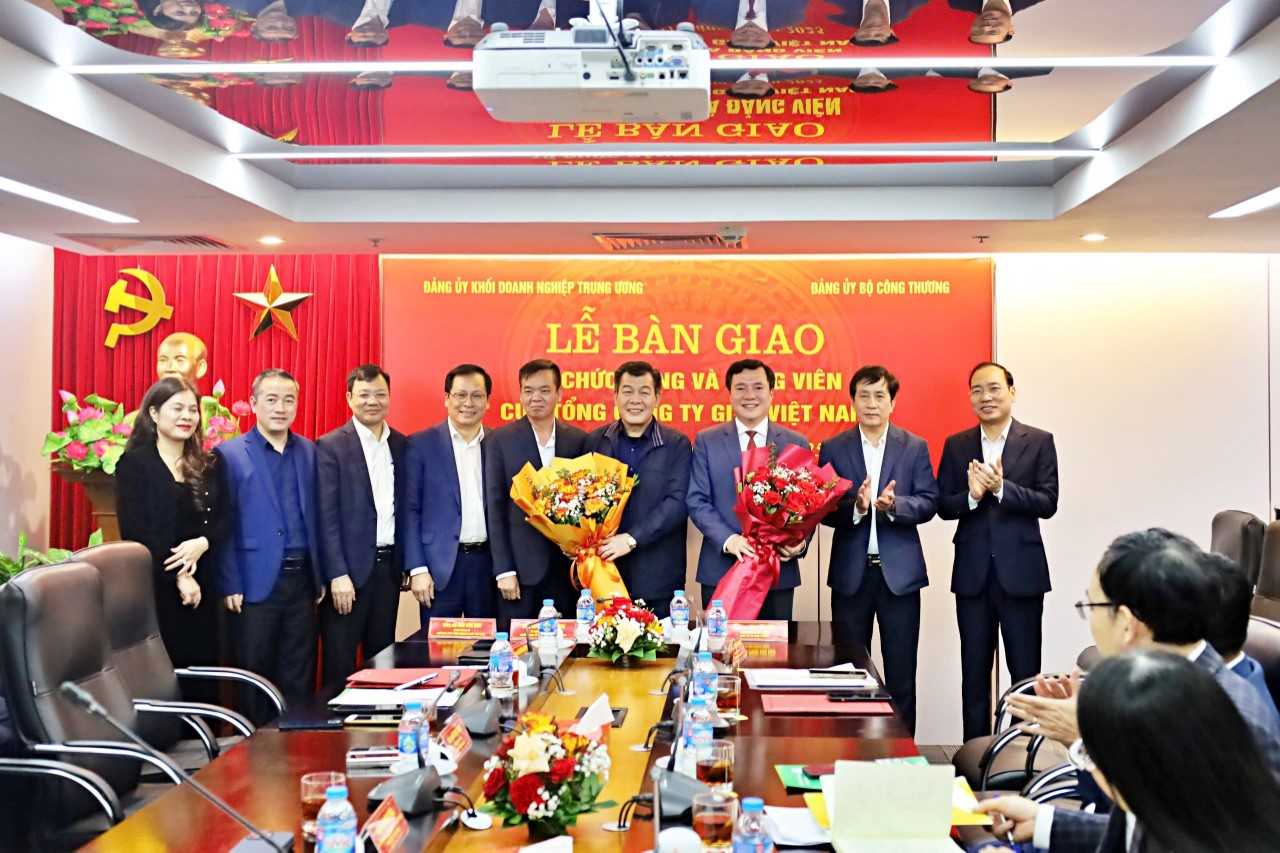

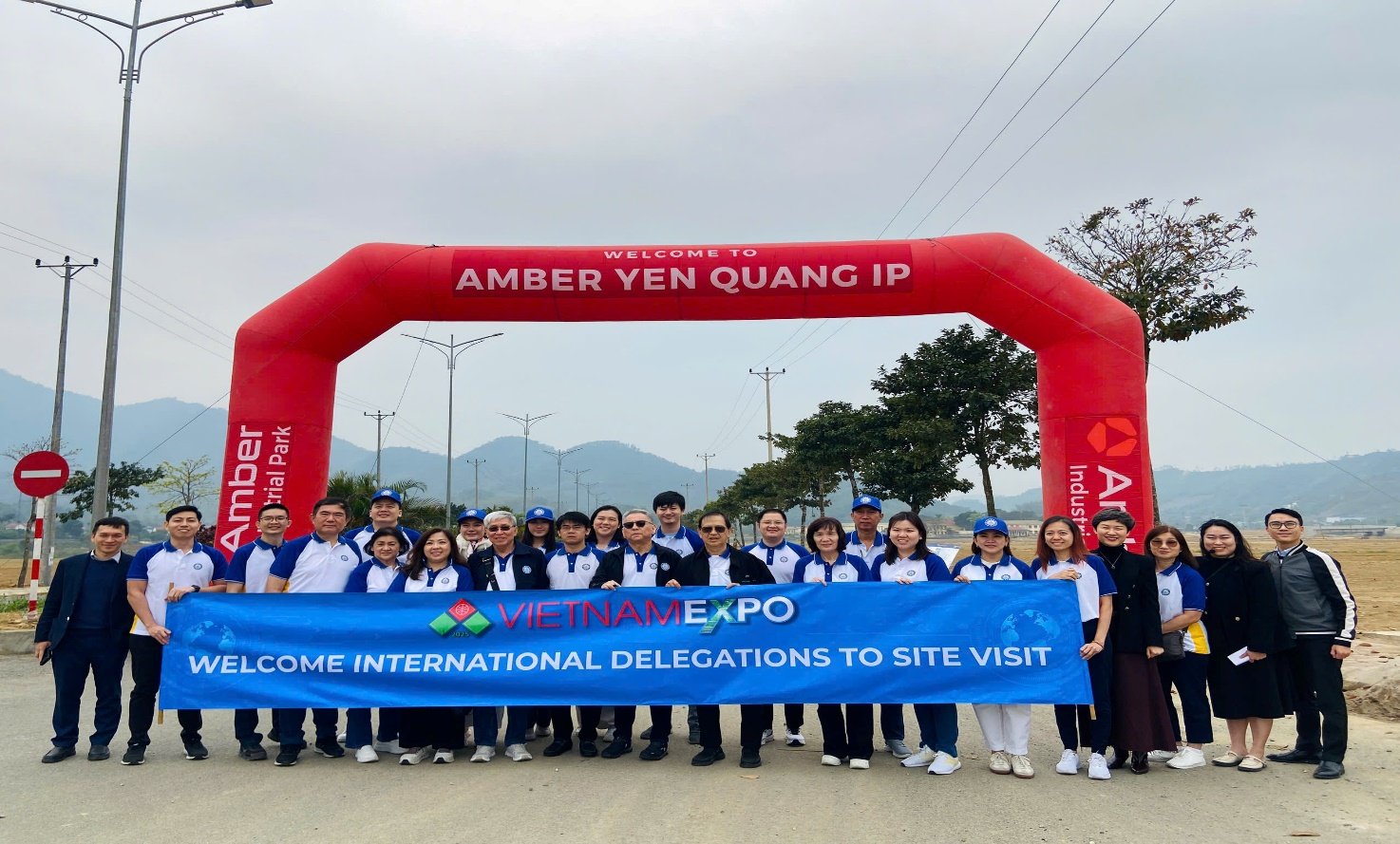
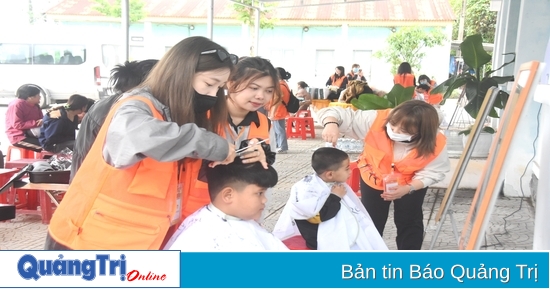
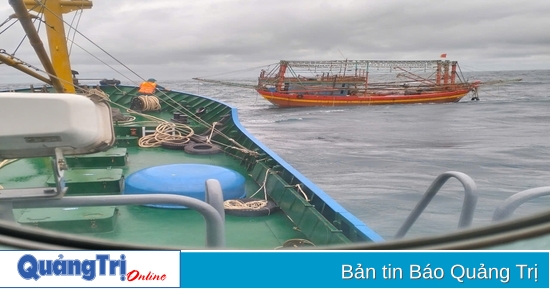


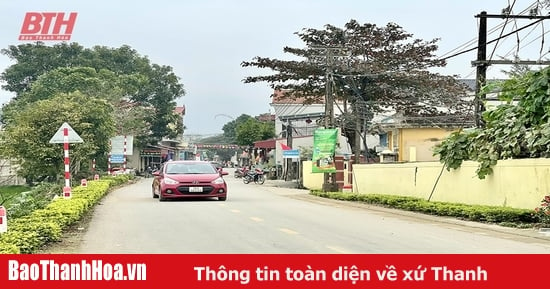

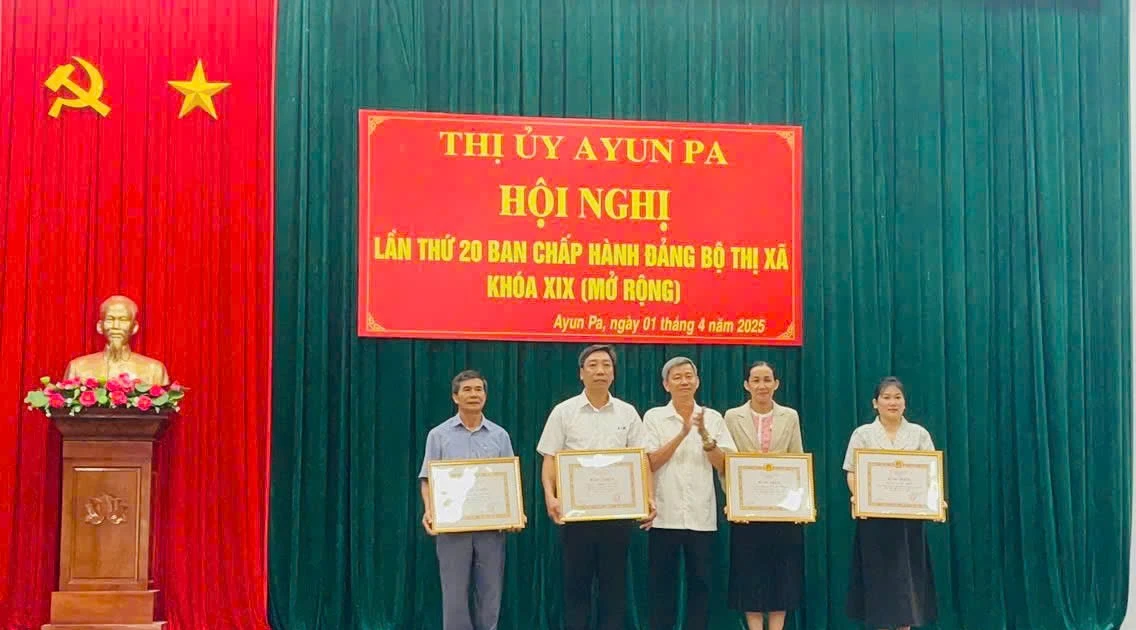

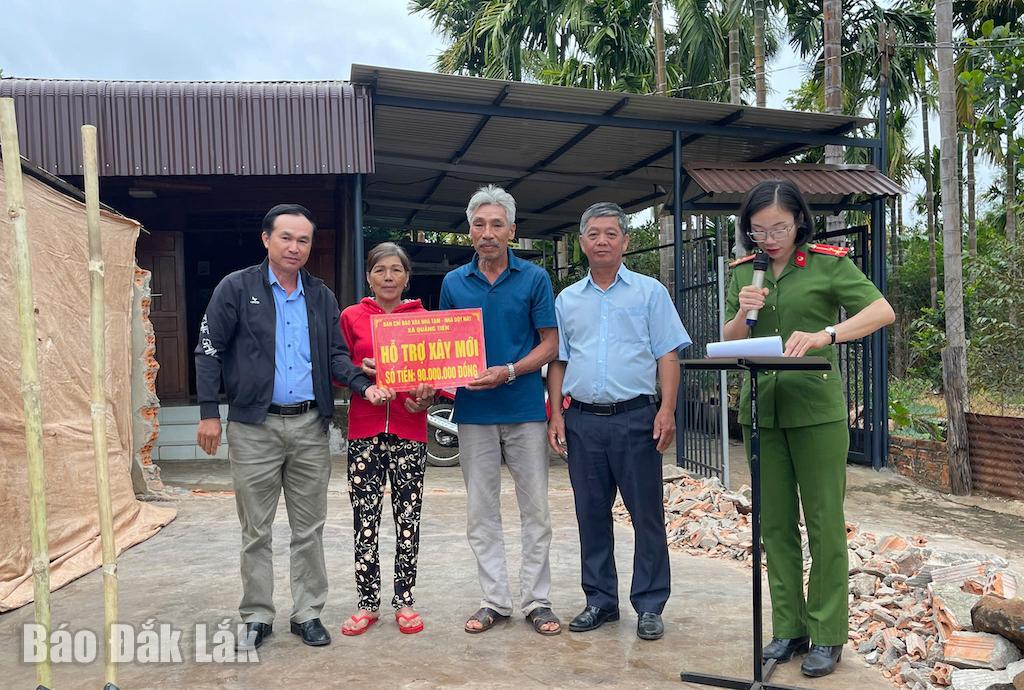












Comment (0)